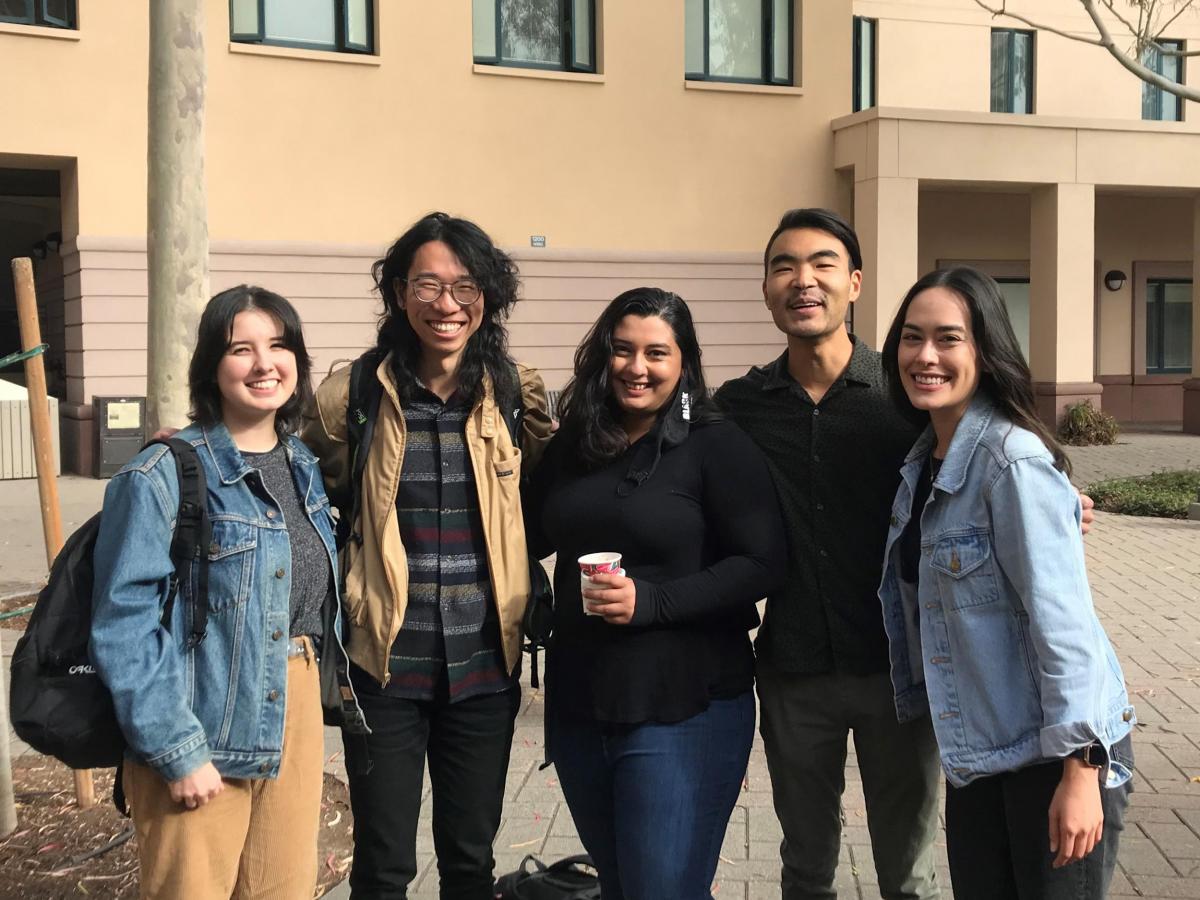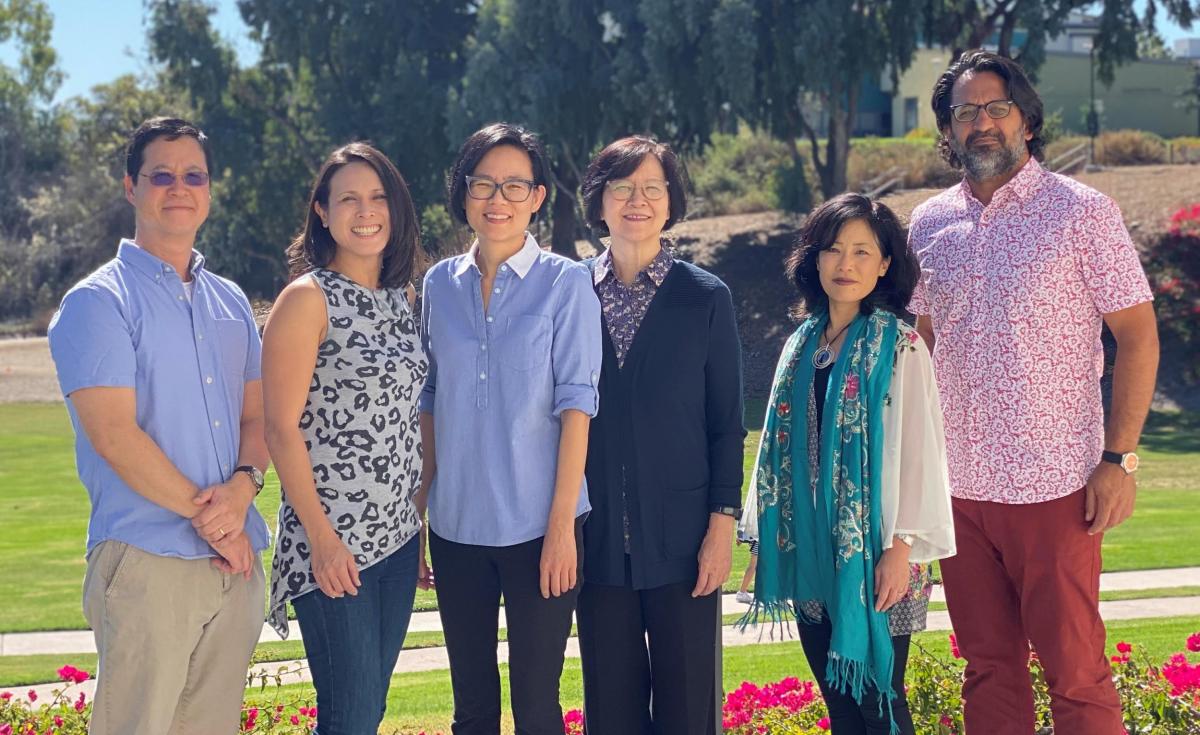Research and Scholarship
Congratulations to Professor Sameer Pandya for the publication of his new book!

From The Current's profile of the book:
"In 'Our Beautiful Boys' (Ballantine, 2025), Pandya, an associate professor at UC Santa Barbara, frames his narrative around a central ambiguity inspired by E.M. Forster's 'A Passage to India,' where an incident in a cave leaves questions of truth unanswered. He transplants that uncertainty to contemporary California, intertwining race, privilege and passing--both racial and social--into a story that ripples outward through families and frienships."
Read more of The Current's profile here!
----
Congratulations to Professor Lisa S. Park for the publication of her new book!

 From the publisher’s summary: The United States’ health care system not only consists of a formal safety net, but also an informal and disjointed network of organizations that offer basic care to millions of migrants. This “Third Net” provides free or low-cost health care for the undocumented, low-income, and uninsured migrants who are excluded from the formal system. This groundbreaking study sheds light on the existence of the Third Net and its implications for the overall inequalities in the US health care system.
From the publisher’s summary: The United States’ health care system not only consists of a formal safety net, but also an informal and disjointed network of organizations that offer basic care to millions of migrants. This “Third Net” provides free or low-cost health care for the undocumented, low-income, and uninsured migrants who are excluded from the formal system. This groundbreaking study sheds light on the existence of the Third Net and its implications for the overall inequalities in the US health care system.



